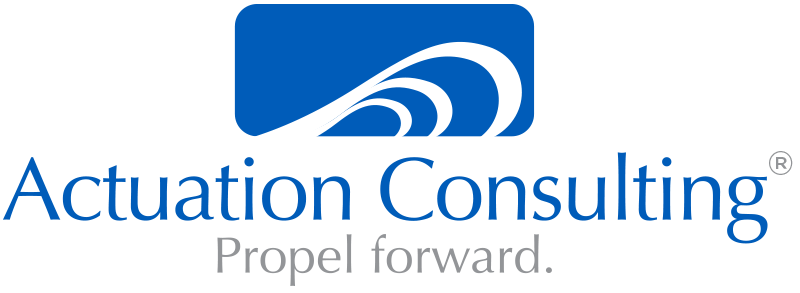I recently started a book by Ben Horowitz entitled “The Hard Thing About Hard Things.” Ben covers a wide range to topics which are particularly pertinent to CEO’s and entrepreneurs in the high tech space. I was struck by one section of the book related to the value of training. Andy Grove is quoted as saying…
“Training is, quite simply, one of the highest-leverage activities a manager can perform. Consider for a moment the possibility of your putting on a series of four lectures for members of your department. Let’s count on three hours of preparation for each hour of course time – twelve hours of work in total. Say that you have ten students in your class.
Next year they will work a total of about twenty thousand hours for your organization. If your training efforts result in a one percent improvement in your subordinates’ performance, your company will gain the equivalent of two hundred hours of work as the result of the expenditure of your twelve hours.”
The math is really very compelling. Over the years I have noticed that organizations tend to adopt a particular approach to training. It typically falls into one of three patterns:
- Executive Team Specific – some organizations focus training investments on the executive team. Leaders are encouraged to attend courses at elite universities. These courses are offered for two reasons; to improve skills and as a retention mechanism.
- Functional Training – other companies take a broader approach targeting key functional groups such as Sales to drive consistency in execution and a common vocabulary.
- Under-Performing Team Members – some make targeted training investments when they discern that a particular aspect of the organization is under-performing in order to drive common understanding of a particular functional role (E.g. product manager) or to introduce a new way of doing things (E.g. Agile development).
Regardless of the approach, if you believe Andy Grove’s math, training employees has a powerful return on investment that is very compelling. Yet our current survey data illustrates that slightly less than 22% of organizations are providing access to industry best practices.
Given the math it seems that the majority of organizations are missing out on a golden opportunity to improve their performance.

